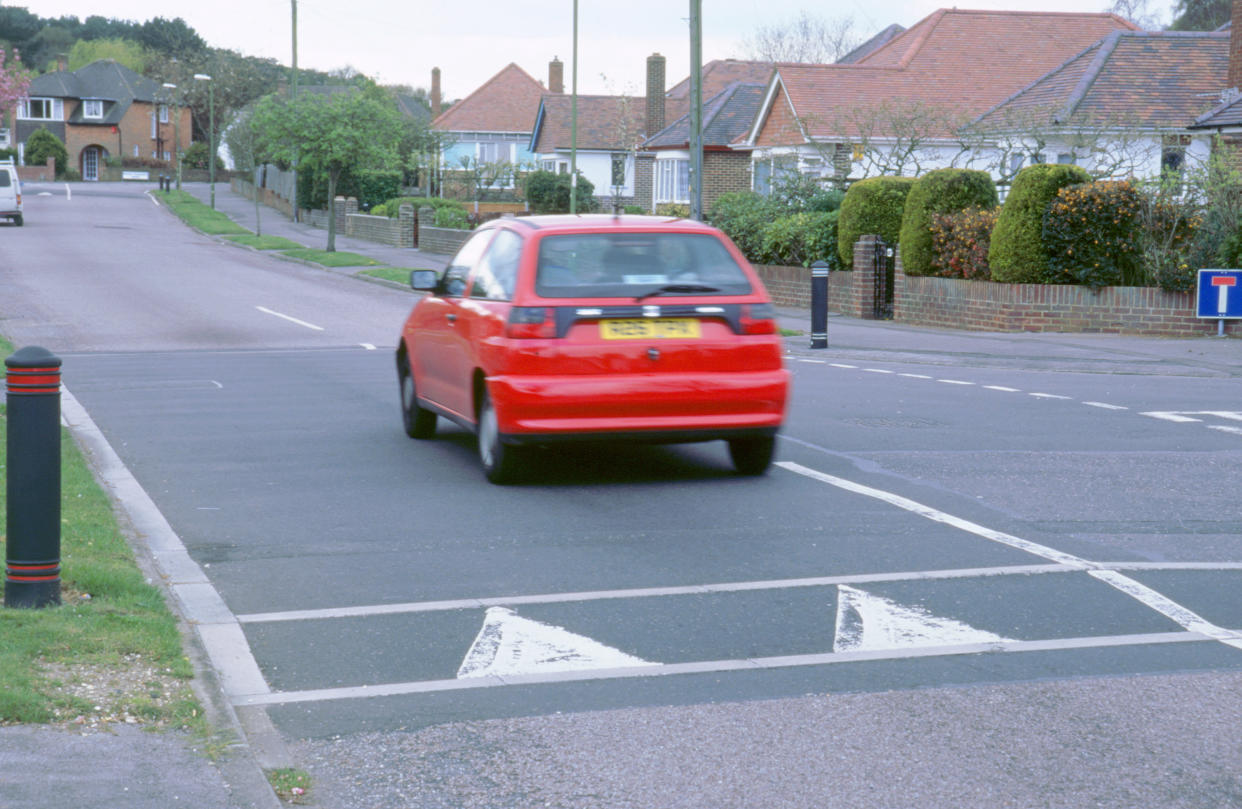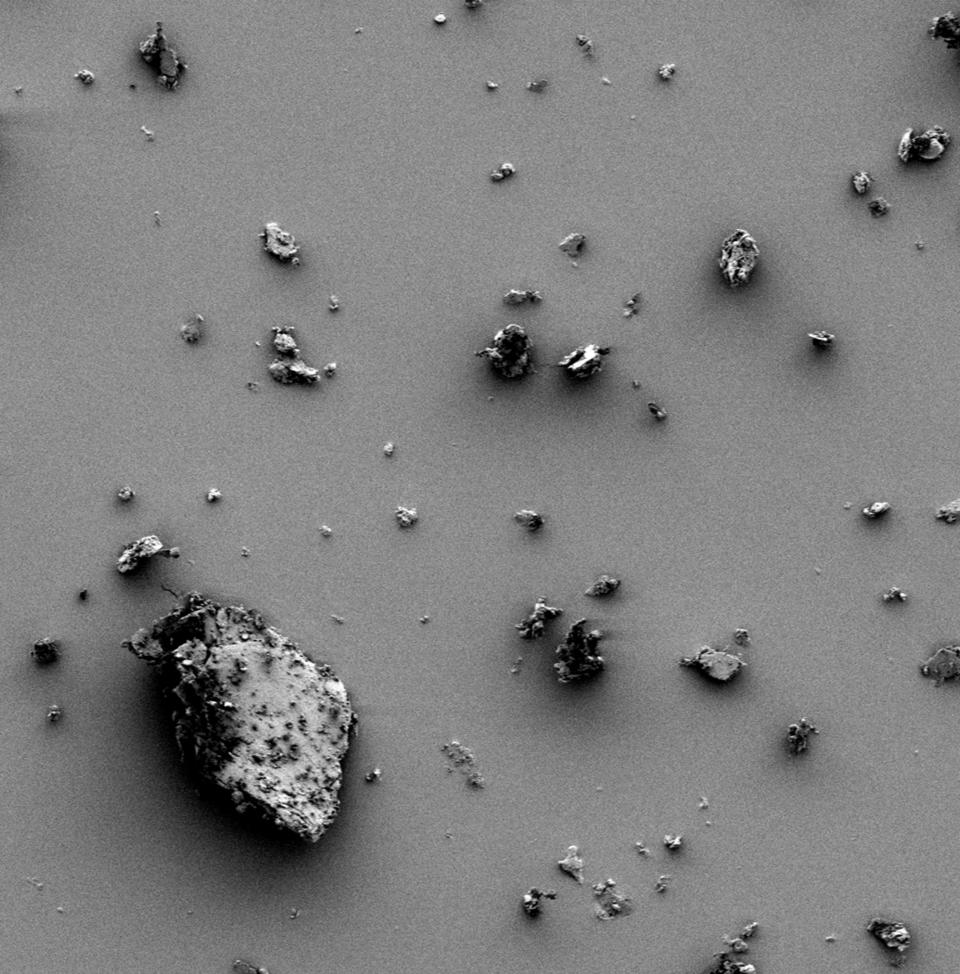Speed bumps that cause cars to brake could be harming our lungs, study suggests

Speed bumps which cause cars to brake or decelerate could be having a harmful effect on our lungs and immune systems, new research suggests.
The metal particles released by car brake pads may have the same harmful effects on our health as diesel exhaust fumes do, the study claims.
The study by scientists at King’s College London found that brake dust doesn’t just contribute to coughs and colds, but could be a factor in more serious illnesses like pneumonia or bronchitis.
Their research re-ignites the question mark over the potential health problems that could be caused by speed bumps.
In 2016 the National Institute for Health and Care Excellence (Nice) suggested that speed bumps that encourage people to speed up then slow down should be replaced to “minimise their impact on air pollution” and in 2017 then-environment secretary Michael Gove said councils could be encouraged to tear up speed bumps as part of a Government effort to tackle air pollution.

The latest research by King’s College London looked at the effect of brake pad particles on ‘macrophages’ - the lungs’ immune cells that kill bacteria by engulfing and digesting them.
To test the effects of brake pad particles on human lungs, the team collected dust from a brake pad testing factory and exposed it the macrophages - finding that when exposed to particulates from diesel exhaust and brake dust, their ability to take up and destroy bacteria was reduced.
They also noticed that particulates from both sources caused inflammation in the lungs.
READ MORE
The simple 'finger trick' that could 'diagnose' lung cancer
UK now has 42,000 speedbumps, up 5 percent since 2015
Dr Liza Selley, who conducted the research at the MRC Centre for Environment and Health at King’s College London and Imperial College London, said: “Diesel fumes and brake dust appear to be as bad as each other in terms of toxicity in macrophages.
“Macrophages protect the lung from microbes and infections and regulate inflammation, but we found that when they’re exposed to brake dust they can no longer take up bacteria.
“Worryingly, this means that brake dust could be contributing to what I call ‘London throat’ – the constant froggy feeling and string of coughs and colds that city dwellers endure – and more serious infections like pneumonia or bronchitis which we already know to be influenced by diesel exhaust exposure.”
It is estimated that metal particles from brake wear is responsible for up to a fifth of fine air pollution particles, known as PM2.5, at roadsides.
Dr Ian Mudway, who led the research at the MRC Centre for Environment and Health at King’s College London, said: “At this time the focus on diesel exhaust emissions is completely justified by the scientific literature, but we should not forget, or discount, the importance of other components, such as metals from mechanical abrasion, especially from brakes.
“There is no such thing as a zero-emission vehicle and as regulations to reduce exhaust emissions kick in, the contribution from these sources are likely to become more significant.”
The scientists, whose research was published in the journal Metallomics, said more studies are needed to understand more about the effects of brake dust on human health.

 Yahoo News
Yahoo News 

